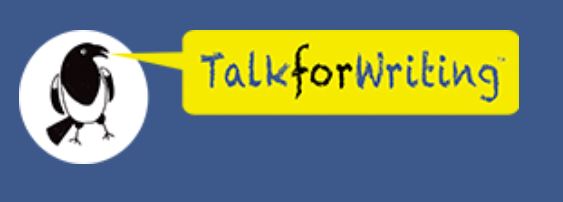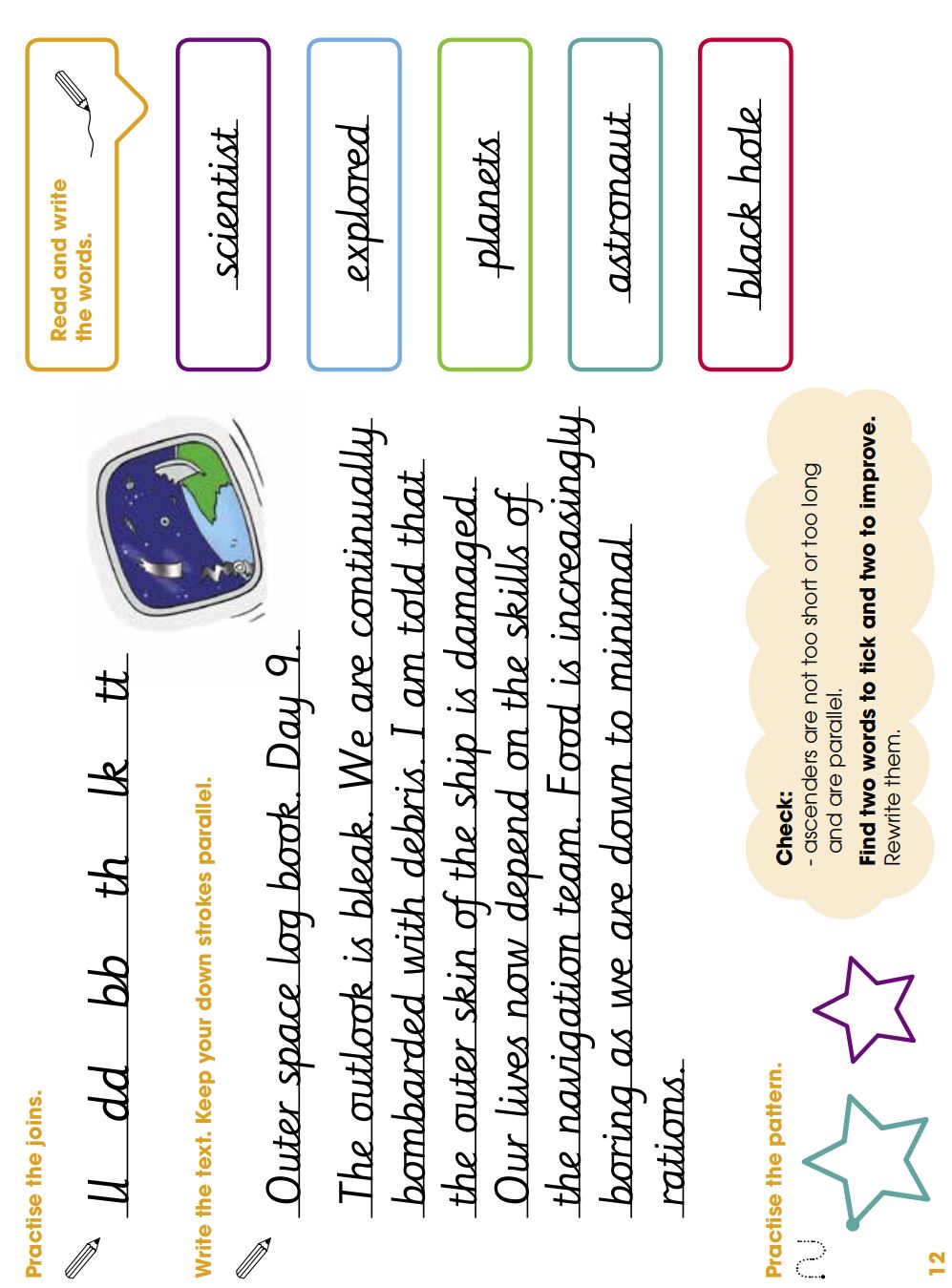Writing
At St Joseph’s we are proud to love, grow and learn together as part of God’s family. In English we believe that words and language are central to everything we do. The Bible says: ‘In the beginning was the Word and the Word was with God and the Word was God.’ We believe that our creativity and thought depends on words and it is through our language that we can express our love for God, for his creation and for each other.
English contributes to our learning and being part of God’s family by:
- Giving pupils opportunities to hear and read stories and to reflect on their messages.
- Encouraging creativity and enquiry.
- Giving pupils opportunities to reason and to explore ideas about values and responsibility.
- Teaching pupils to empathise with others and to respect their thoughts, feelings and opinions.
We follow the English National Curriculum 2014 throughout Year 1 – Year 6, with EYFS following the Early Years Framework for Literacy. A range of resources are used by teachers to support teaching and learning.
Talk for writing: 
In years EYFS - Year 4, we use a strategy called 'Talk for Writing'. This strategy enables children to imitate the language they need for a particular topic orally, before reading and analysing it, and then writing their own version.
See below for a guide that explains the steps involved:
talk for writing a guide for parents st joes.pdf
TALK FOR WRITING IN ACTION:
Year 1 performing 'The Jolly Postman'
/i/video/Year_1_-_The_Jolly_Postman.mp4
Year 1 performing 'Lost and Found'
https://drive.google.com/file/d/1VRfTBpinhlU9rnCOzyD1rBndfxbs-6vy/view?usp=drive_linkWe know that writing expectations in school have changed a lot since our parents/carers were at school. The videos below explain what we teach and assess in each year group, as well as what you can do to support your child at home.
WRITING EXPECTATION VIDEOS:
Year 1:
/i/video/Year_1_Writing_Expectations.mp4
Year 2:
//www.loom.com/embed/eb27d623d2f347c1baadacd114dfb310?sharedAppSource=personal_library
Year 3:
/i/video/Year_3_Writing_Expectations.mp4
Year 4:
/i/video/Year_4_Writing_Expectations__1_.mp4
Year 5:
/i/video/Year_5_Writing_Expectations.mp4
Spelling:
Spellings are taught from Year 1-6.
- In Year 1, children focus on learning to spell key words. Year 1 Common Exception Words
- In Years 2-6, children are taught spellings linked to the National Curriculum requirements. The children are taught strategies, patterns and the skills to learn spellings. In addition to this, children learn and are tested on the common exception words for their year group:Year 2 Common Exception WordsYear 3 & 4 Common Exception WordsYear 5 & 6 Common Exception Words
- To support teachers, spelling lists are taken from The Literacy Shed which ensures clear progression throughout the school and correct coverage.
We use 'Spelling Shed' as a resource for your child to practise their spellings. They can log in by clicking on the icon below using a username and password given to them by their teacher:
Handwriting:
- In EYFS, children are taught letter formation using 'Read Write Inc' letter formation rhymes.
- From Year 1 onwards, we use 'Penpals' to teach handwriting. This is a complete handwriting scheme for 3–11 year olds that offers clear progression through five developmental stages: physical preparation for handwriting, securing correct letter formation, beginning to join along, securing the joins and practicing speed, fluency and developing a personal style.
Here is an example of what we aim for children's handwriting to look like:

Here is some more information for parents from the Penpals scheme:
handwriting penpals information for parents.pdf
 St Joseph's Catholic
St Joseph's Catholic